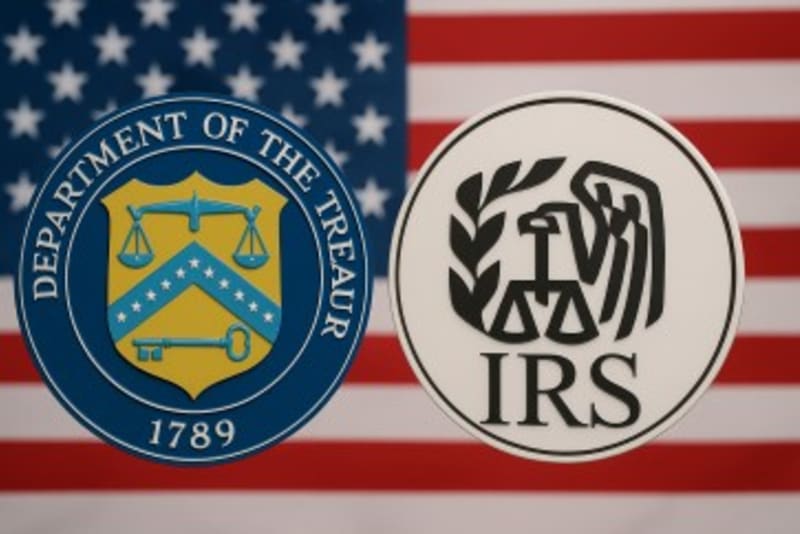New York, Sept 22, 2025– Bitcoin, the pioneering cryptocurrency, is once again in the spotlight as global markets and tech communities debate its future role in everyday finance. Emerging from a 2009 whitepaper by the pseudonymous creator Satoshi Nakamoto, Bitcoin has grown from an experimental idea into a trillion-dollar global phenomenon.
Background and Context
Built on open-source principles, Bitcoin allows peer-to-peer transactions without banks or governments acting as middlemen. This has given it both praise for decentralization and criticism for volatility. Today, Bitcoin is not just a speculative asset—it is increasingly seen as a legitimate form of money and digital gold.

Expert Opinions
Crypto advocates argue that Bitcoin is a financial revolution.
“Bitcoin represents freedom. It is money that belongs to the people, not institutions,” said Laura Simmons, a blockchain researcher at MIT.
On the other side, regulators remain cautious.
“While Bitcoin’s open-source nature promotes innovation, its lack of oversight raises concerns about money laundering and consumer protection,” stated James O’Donnell, a senior analyst at the U.S. Securities and Exchange Commission (SEC).
Current Developments
Bitcoin’s adoption has surged globally—from El Salvador recognizing it as legal tender to major corporations accepting it for payments. Open-source developers worldwide continue to improve its network, ensuring transparency and resilience against cyberattacks.
Conclusion and Next Steps
The debate over Bitcoin as “open-source P2P money” is far from settled. Regulators are drafting frameworks, while enthusiasts push for wider adoption. Whether it becomes a mainstream currency or remains a digital store of value, Bitcoin has undeniably cemented its place in financial history.








Comments
No comments yet. Be the first to comment!